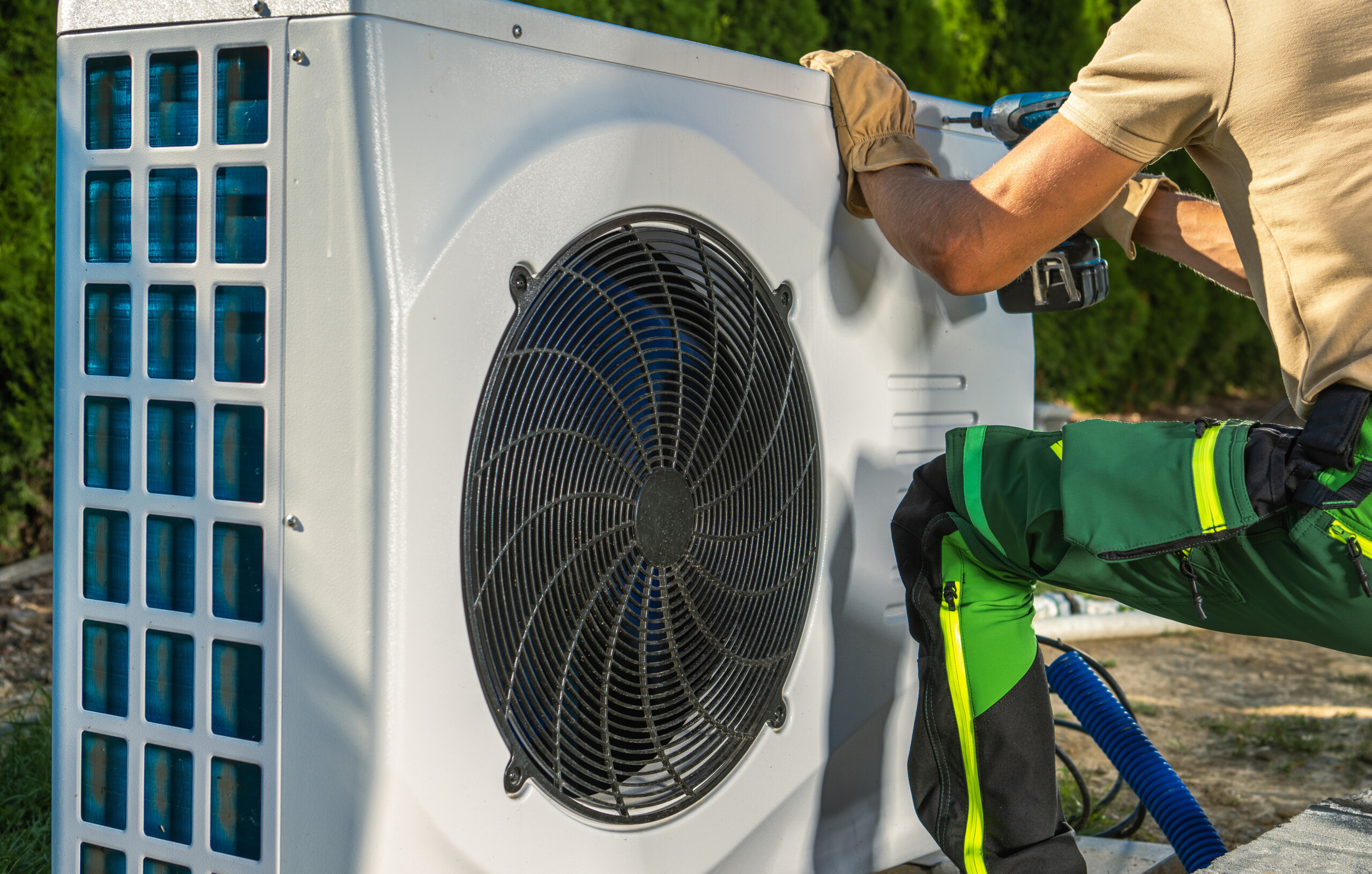July 19, 2023
The rapid adoption of efficient electric appliances like heat pumps and building energy efficiency measures is the most cost-effective way for Xcel Energy to reduce greenhouse gas emissions from its gas utility, according to a report released today by Western Resource Advocates, NRDC (Natural Resources Defense Council) and the Southwest Energy Efficiency Project (SWEEP). The report outlines how to rapidly scale up the deployment of energy efficiency and efficient electric appliances, and does not rely on alternatives, such as green hydrogen and renewable natural gas, which are roughly five times more expensive, have adverse air quality impacts, and are not able to achieve the deep, long-term economy-wide emission reductions required by Colorado statute.
In 2021, Colorado passed legislation requiring the state’s gas utilities to reduce their greenhouse gas emissions 4% by 2025 and 22% by 2030, relative to 2015 levels. By this measure, Xcel Energy, Colorado’s largest electricity and gas provider, must reduce emissions from its gas system by 28% from current levels in the next seven years. Xcel must file a Clean Heat Plan by Aug. 1, 2023, that details the steps it will take to meet these emissions reduction goals. It will be the first utility in the nation to submit such a plan.
This report makes it clear that prioritizing the installation of efficient electric appliances, like heat pumps, and boosting the weatherization of our homes and buildings will be key for Xcel Energy to achieve Colorado’s climate goals. By fully embracing efficiency and electrification, Xcel Energy can help Colorado reach economy-wide emissions reductions, combat the climate crisis, and ensure Coloradoans see significant savings on their utility bills.``
In the new report – A Path to Pollution-Free Buildings: Meeting Xcel’s 2030 Gas Decarbonization Goals – experts from WRA, NRDC and SWEEP outline how to drive a steep reduction in emissions from the gas utility and demonstrate how Xcel can cost-effectively meet Colorado’s targets.
Our analysis shows that it is possible and cost-effective for Xcel to meet its statutory greenhouse gas emissions reduction requirements through investments in energy efficiency and electrification. In addition to reducing emissions, these investments will improve air quality and public health across Colorado.”
This report’s key findings and recommendations include:
- Prioritizing replacing air conditioners, gas furnaces and boilers, and gas water heaters with efficient electric appliances. Replacing air conditioners with heat pumps is the single largest driver of emissions reductions in our analysis. Beneficial electrification – switching from conventional gas-fueled appliances to efficient electric counterparts – would achieve most of Xcel’s emissions reductions over the next seven years.
- Accelerating gas efficiency savings – to 900,000 dekatherms per year by 2030 – focusing on weatherization, customer education and other measures to reduce service demand from space and water heating.
- Frontloading spending to stimulate the market for efficient electric appliances and promote workforce development and customer education. Increasing deployment of heat pumps and heat pump water heaters will require a significant increase in the workforce, as well as education of customers, building owners, contractors, architects, and others. And larger incentives are needed in the next few years to spur distributors, contractors, and building owners to stock, sell, and purchase electric appliances. Investing in these incentives in the next few years will help ensure the workforce is available to install a vast number of appliances in the latter part of the decade.
- Ensuring robust incentives for low-income households. Many of the federal and state incentives available for electric appliances are provided in the form of tax credits, which are inaccessible to lower-income families without tax liability. At least 25% of Xcel’s clean heat budgets should be dedicated toward incentives for Xcel’s low-income customers. In addition, complementary policies, such as on-bill financing for heat pumps and weatherization measures, are essential.
The Colorado Public Utilities Commission will hold public hearings on Xcel’s Clean Heat Plan in late 2023 or early 2024 and is expected to rule on the filing by mid-2024.
Contact
James Quirk, 908-902-3177, james.quirk@westernresources.org



